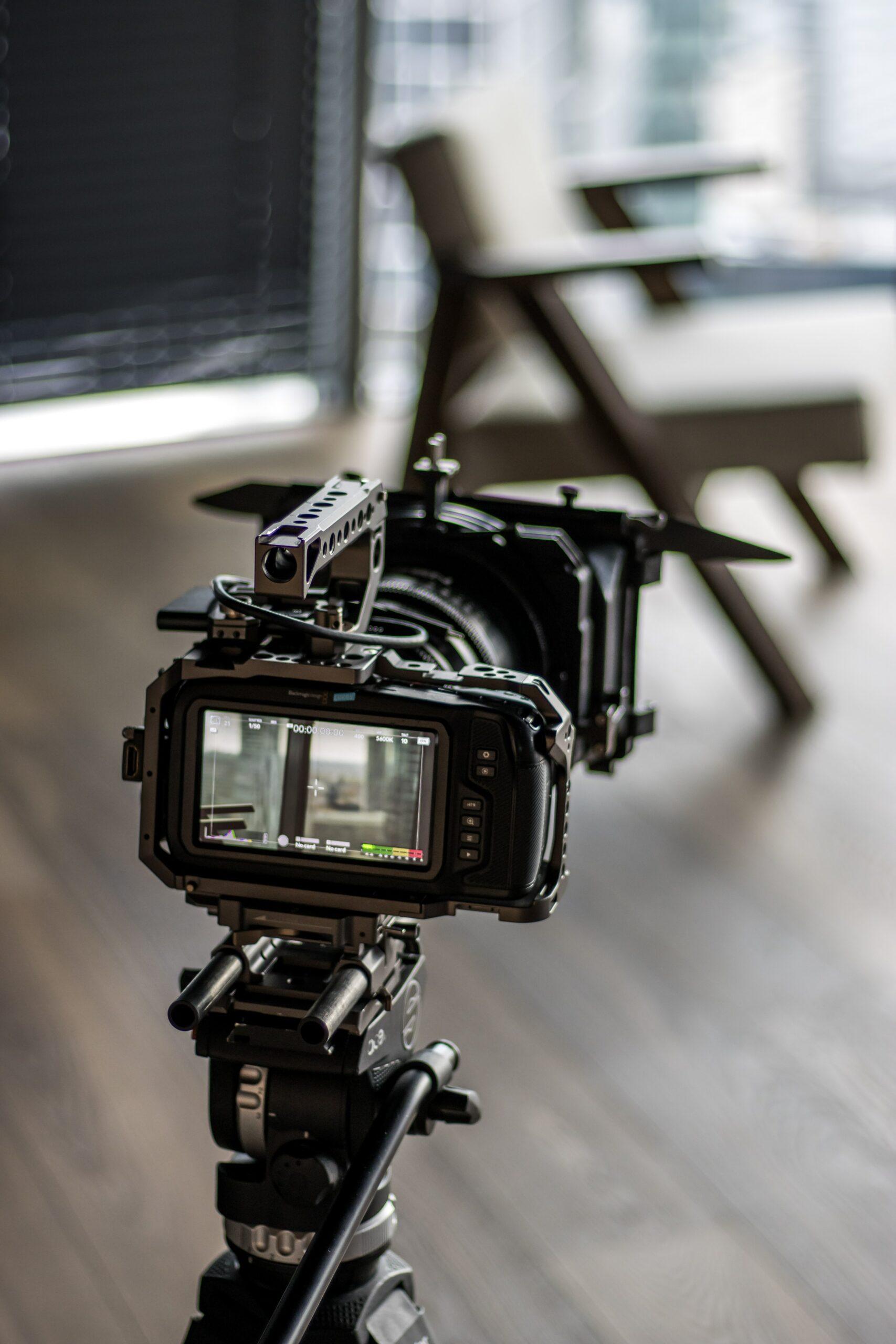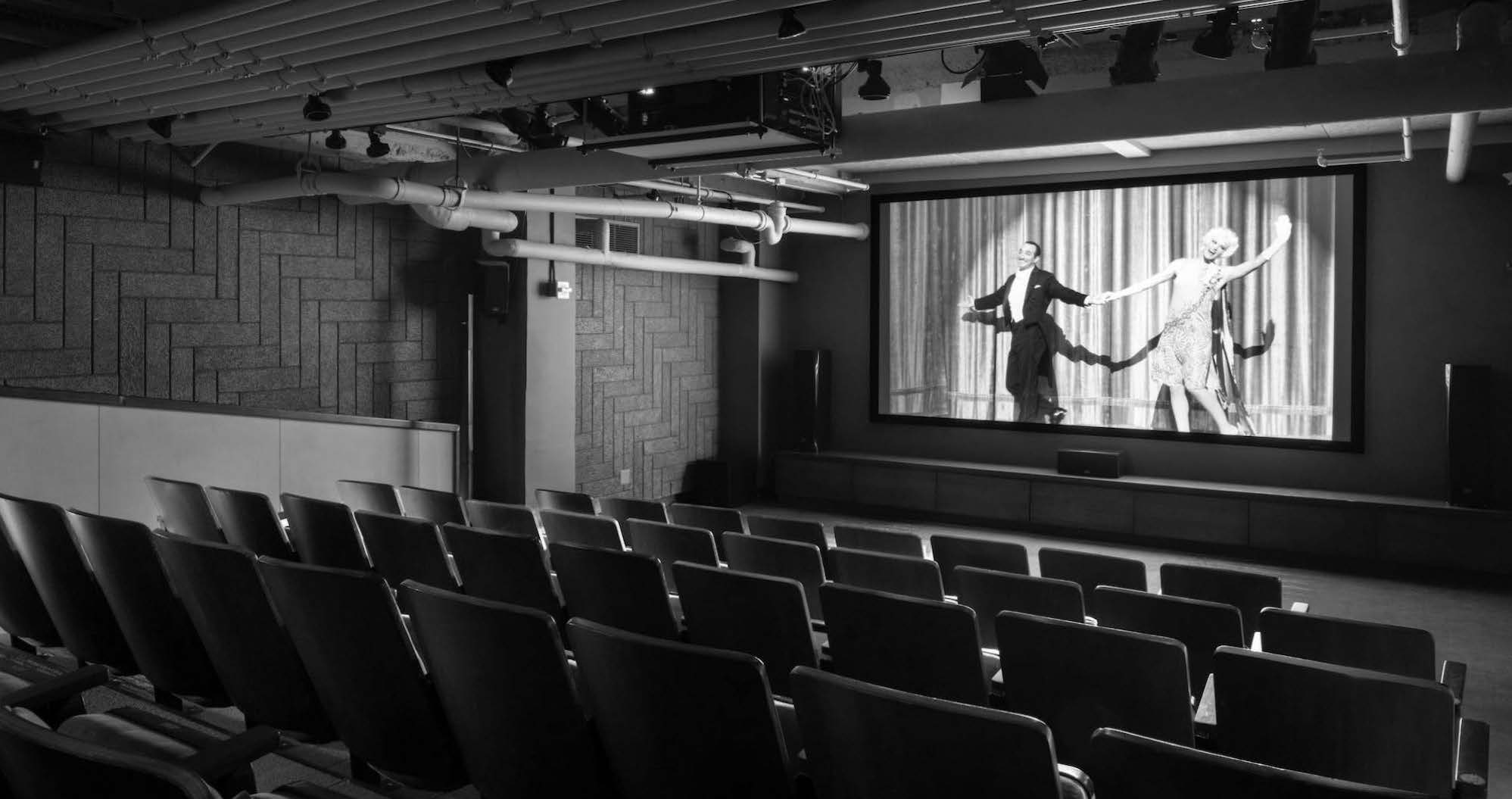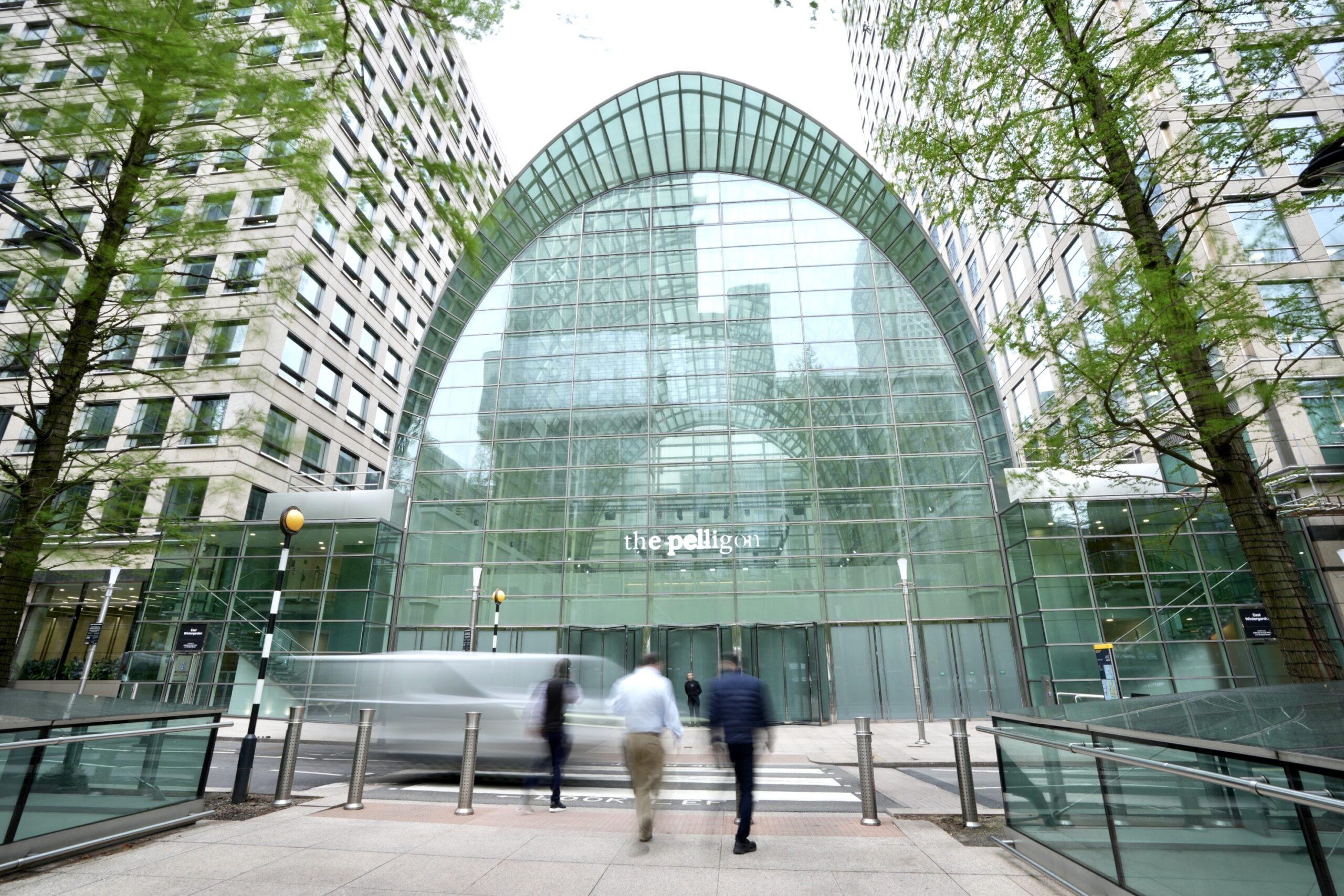Recently, Control Room A and Film London organized an exclusive evening for film industry insiders at the venue famed for its roles in "The King's Speech" and "Monty Python's The Meaning of Life." This event offered industry professionals a distinctive platform to discuss the impact of locations on a film's aesthetic and atmosphere. The conversations revealed surprising and enlightening perspectives, shedding new light on how integral a venue can be to the filmmaking process. Here are some of their insights...


“Essentially, the venue could be, depending on the script, the heart of the film. You only have to look at this particular space at the moment and it really gives you a sense of being a character in the film as well. It’s definitely the heart and the character of the film”
“The choice of location or venue is so important to the storytelling because the background of the mise-en-scene your filming is telling a subject subtext of the story you want to tell and your characters and what they’re going through”
“It’s really everything, everything that’s not being built on a stage is dictated by the locations. In all the research and development, it’s all about can we find the space that works for the story. Does it fit? Is it Art Deco? Is it Industrial? Does it have wooden floors? It’s critical to the creative process right from the very beginning”


“It’s about the actors and how they actually interact with the space that really makes the film what it is”
“I think you need to look creatively to make sure the location you’ve picked is correct for the script. It’s really integral to have a location that meets the script’s needs”
“In the best films, the locations are characters in the movie, just like the actors. You get a sense of place, you get a sense of story, all of these elements come together with the right location.”


“When you walk in here [Control Room A] you can feel the history, you can feel all the people who have been here before and I think when you’re looking at narratives and dramas you can really embody that into the story, it’s something the actors can really work with.”
“I think there’s a number of things I would mention, it’s really the journey you go on. You get a brief, and the brief might not necessarily be a control room it might be an industrial space that has some architectural merit to it or something like that but then when you go and present a space to a director, designer, and cinematographer, they will use that architecture, the light sources, the height of the ceiling, they’ll use the space to help choreograph whatever scene might be set there.”


These insights underscore the profound impact that a well-chosen venue can have on a film, transforming it from merely a backdrop to an essential character in the narrative.


